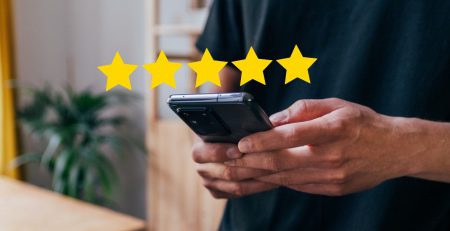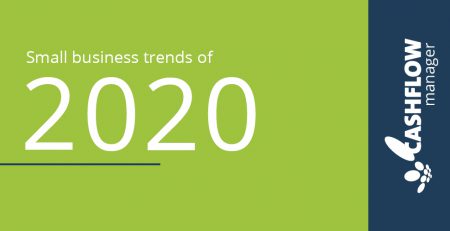Small business events: the most effective marketing tool?
Are small business events the most effective marketing tool? In today’s online world it is easy for businesses to rely on phone, email, and social media to engage with existing and prospective customers. This is limiting. Not only does it take away the personal element of business, it greatly reduces any opportunity to develop genuine relationships.
Those genuine relationships are the key to success in small business. This has been argued by countless experts (Peter Drucker, Barry Moltz, Marie Forleo). Providing the opportunity for an in-person interaction is an excellent way to build those relationships and turn your customers into advocates. This is the power of events – connecting with customers in real time.
However, it can be argued that the number of people reached through events is extremely limited, especially when compared to the awareness gained via digital marketing. Platforms such as Google Ads, Facebook, and Microsoft advertising can reach millions of people. Be aware that if your small business is targeting millions of people with digital campaigns, that’s a big no no – a topic for another blog.
That brings us nicely onto cost. Cost should be a huge factor when deciding which customer acquisition strategy to use. Although digital advertising is cost effective, it often fails to produce a memorable experience – unless you can create an advertisement that hits a customer pain point right on the nose, which is rare!
Beyond anything though, you must consider your goals and determine whether an event is the most effective tool to reach them. We put together a guide on killer event planning to meet business goals – get it here.
So, aside from building relationships, why should you host small business events?
Building brand equity
Brand equity is an essential ingredient to success in business. It is the value of a brand – when a brand is well-known, and associated with certain qualities and attributes, it’s perception and therefore its value, changes.
There are several considerations you need to make before you begin promoting your event. Are you associating yourself with well-known speakers/presenters/vendors? Is your chosen venue reputable? Do you have exciting discussion points, a new product or service? These factors will have an impact on a customer’s perception of your business, positively or negatively.
Above all, customers will remember their experience and associate any thoughts and feelings captured at the event with your brand. For the best chance of success, conduct thorough research on the consideration points listed above and aim to create a memorable experience.
Influencing potential customers: offline and online
An event is the perfect opportunity to showcase happy customers to your potential customer base. Most small businesses create a client base using word of mouth marketing, so putting these groups of people together in the same room can create great results.
In the digital world, this marketing is known as social advocacy; customers, employees, or partners sharing company content online to reach a larger audience base. Combining both of these techniques produces a killer acquisition strategy.
So, how to put this into practice. During your event, encourage your audience to take pictures for social media, connect with fellow participants online and generally have meaningful interactions. Through these methods, you’ll be moving the advocacy to the online space and maximizing its effect.
Creating brand buzz
Events are an effective way to create a buzz around your brand. Harness social media, try to get some press coverage, encourage attendees to share their experience online and tag your company profiles.
Most of all, draw attention and highlight what makes you special. How are you different to your competitors? What makes your offer and your story stand out from the crowd? Ensure that you are transparent with your audience and create an accessible experience; cut through the marketing jargon and communicate authentically. For a little inspiration, Bizzabo has a great list of scenarios that worked well for a range of brands.
Extend your community
When running a small business, especially in the first couple of years, owners need to be a bit tighter with the purse strings. So, having a community of individuals in your network, who you can call on to support business efforts, is essential. They are advocates and the people who will refer your next customer.
Events provide an excellent opportunity to engage that community and chat to people outside of your professional circles, who may be willing to buy from you given the right circumstances.
No budget? Hustle your way in
A small business owner can make the most of events by barely spending any money at all – if you don’t have the budget, try to hustle your way into somebody else’s gig. Ask if you could put together a post conference drinks party, cater a luncheon or even a networking event. This will cost you much less than hosting the whole thing and the event manager would appreciate the extra ticket sales.
Importantly, remember that small business events do not have to be extravagant to get attention. With the careful selection of the best venues, speakers, and topics, you can create great bang for your buck and elevate your brand.
Further reading
Planning an event for your small business
How to set business goals you will achieve
Try for free. No obligations.
New to Cashflow Manager? Download our free, 30 day trial.












Leave a Reply